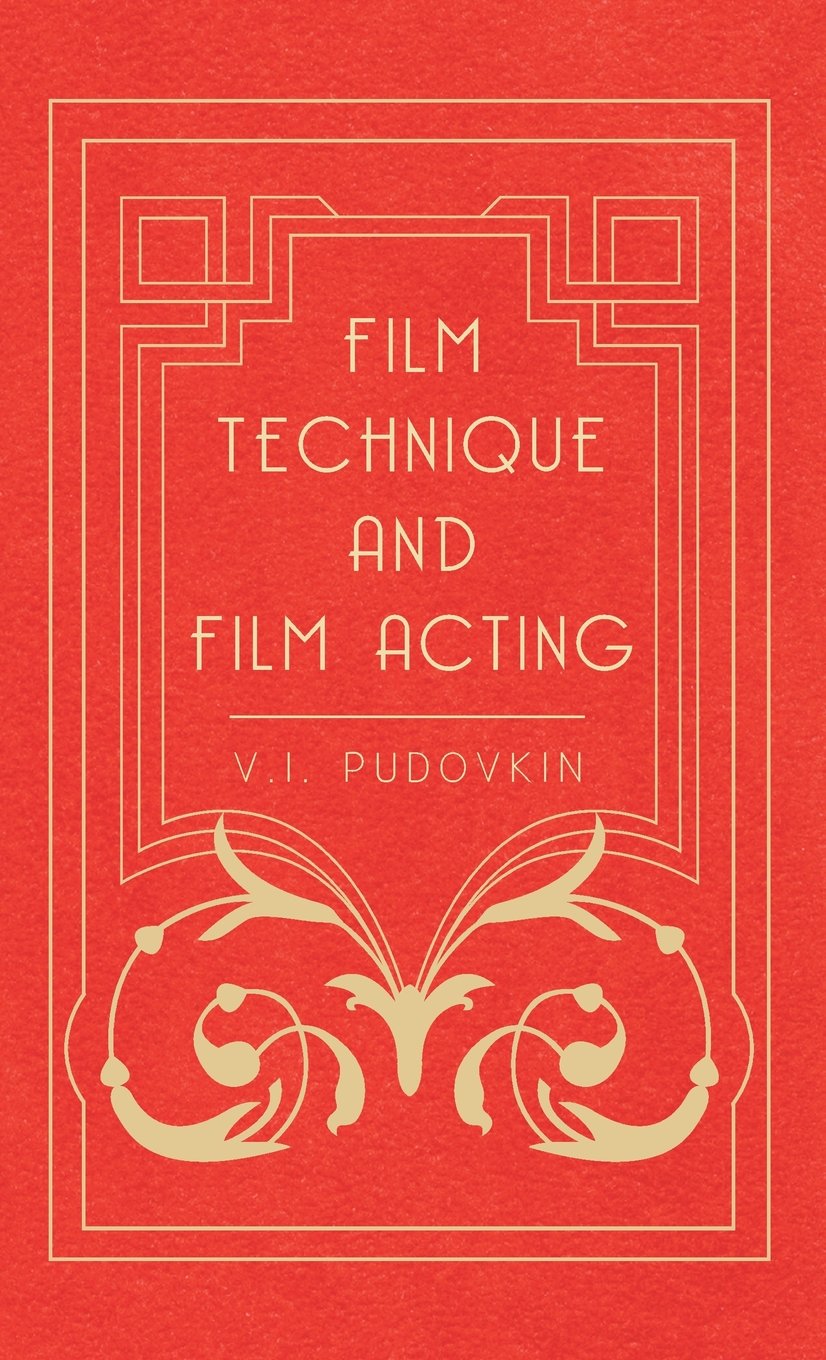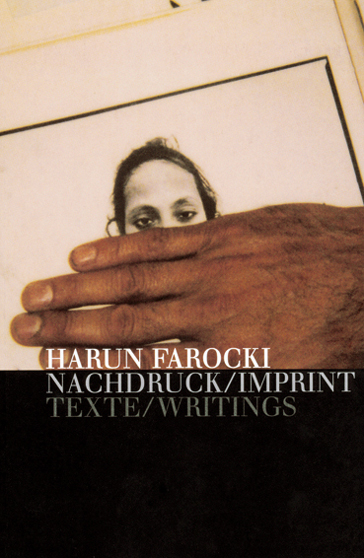Film Technique and Film Acting: The Cinema Writings of V.I. Pudovkin (1949–)
Filed under book | Tags: · aesthetics, cinema, film, film theory

“Vsevolod Pudovkin was one of the leading Soviet film directors in the ‘golden age’ of silent cinema in the 1920s. His films – especially The Mother, The End of St Petersburg and Storm over Asia – are classics of silent cinema. Like Eisenstein, Pudovkin was also a major theorist of film. This translation of Pudovkin´s seminal writings brings together his two key books, Film Technique and Film Acting. The essays highlight the development of Pudovkin´s revolutionary thinking on scripts, directing, time, sound, and acting.”
Stanley Kubrick in a 1969 interview: “The most instructive book on film aesthetics I came across was Pudovkin’s Film Technique, which simply explained that editing was the aspect of film art form which was completely unique, and which separated it from all other art forms. The ability to show a simple action like a man cutting wheat from a number of angles in a brief moment, to be able to see it in a special way not possible except through film — that this is what it was all about. This is obvious, of course, but it’s so important it cannot be too strongly stressed. Pudovkin gives many clear examples of how good film editing enhances a scene, and I would recommend his book to anyone seriously interested in film technique.”
Translated by Ivor Montagu
Introduction by Lewis Jacobs
English edition first published in 1949
Publisher Vision Press, London, 1954
xviii+204+153 pages
via FC
JPGs, PDF, multiple formats (Internet Archive)
Comment (0)Harun Farocki: Nachdruck / Imprint – Texte / Writings (2001) [DE/EN]
Filed under book | Tags: · aesthetics, film, film criticism, film theory, image, media

“This book brings together a selection of writings produced by Harun Farocki between 1977 and 1999. They provide an insight into Farocki’s filmic work and its underlying querying of the status, production, and perception of images conveyed technically and through media. As a critical observer of political and cultural events, Farocki reveals the images’ hidden content in his films and writings, freeing them from the detritus of the encoding with which they have been covered in the course of their development, their use in various media and subsequent reception. Farocki’s deconstructive reflections establish new standards not only for the aesthetics of film but for visual art as well.”
Published on the occasion of the retrospective exhibition of Harun Farocki at the Westfälischer Kunstverein and Filmclub Münster, June-August 2001.
Edited by Susanne Gänsheimer and Nicolaus Schafhausen
Introduction by Volker Pantenburg
English translation by Laurent Faasch-Ibrahim
Publisher Vorwerk 8, Berlin, and Lukas & Sternberg, New York, 2001
ISBN 393091641X, 9783930916412
323 pages
via niccadena
PDF (45 MB)
Comment (1)Scott MacKenzie (ed.): Film Manifestos and Global Cinema Cultures: A Critical Anthology (2014)
Filed under book | Tags: · aesthetics, archive, avant-garde, cinema, colonialism, decolonization, documentary film, feminism, film, film history, gender, manifesto, museum, pornography, postcolonialism, queer, sexuality

“This is the first book to collect manifestos from the global history of cinema, providing the first historical and theoretical account of the role played by film manifestos in filmmaking and film culture. Focusing equally on political and aesthetic manifestos, Scott MacKenzie uncovers a neglected, yet nevertheless central history of the cinema, exploring a series of documents that postulate ways in which to re-imagine the cinema and, in the process, re-imagine the world.
This volume collects the major European “waves” and figures (Eisenstein, Truffaut, Bergman, Free Cinema, Oberhausen, Dogme ‘95); Latin American Third Cinemas (Birri, Sanjinés, Espinosa, Solanas); radical art and the avant-garde (Buñuel, Brakhage, Deren, Mekas, Ono, Sanborn); and world cinemas (Iimura, Makhmalbaf, Sembene, Sen). It also contains previously untranslated manifestos co-written by figures including Bollaín, Debord, Hermosillo, Isou, Kieslowski, Painlevé, Straub, and many others. Thematic sections address documentary cinema, aesthetics, feminist and queer film cultures, pornography, film archives, Hollywood, and film and digital media. Also included are texts traditionally left out of the film manifestos canon, such as the Motion Picture Production Code and Pius XI’s Vigilanti Cura, which nevertheless played a central role in film culture.”
Publisher University of California Press, 2014
ISBN 0520276744, 9780520276741
xxi+651 pages
via slowrotation
Author’s talk (video, 2017, 20 min).
Reviews: Wheeler Winston Dixon (Film International), Matthew Hunt, Bill Nichols (Film Quarterly).
PDF, PDF (updated on 2019-7-14)
Comment (0)
